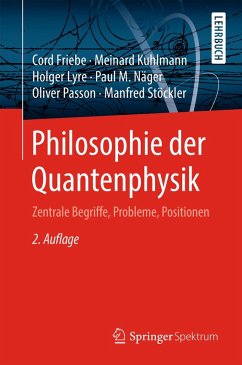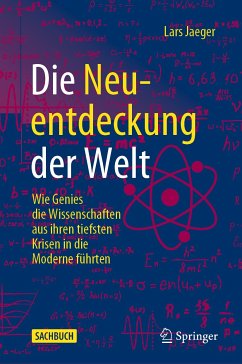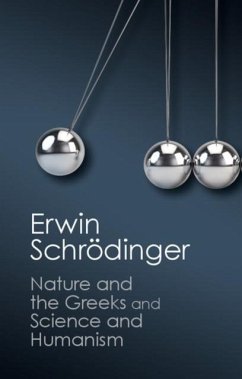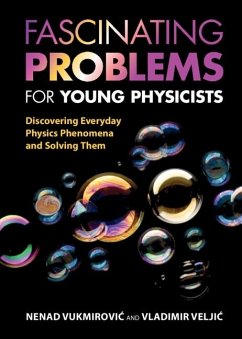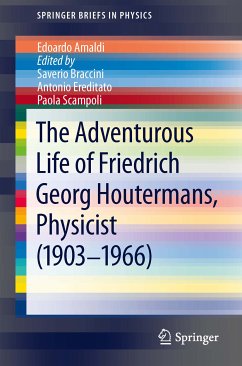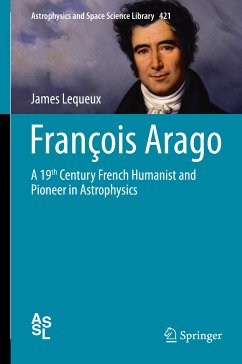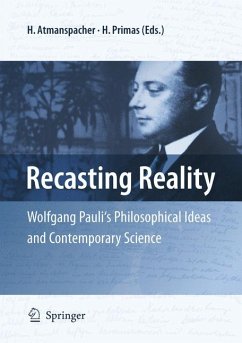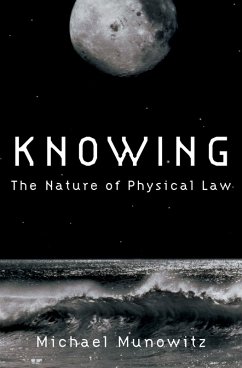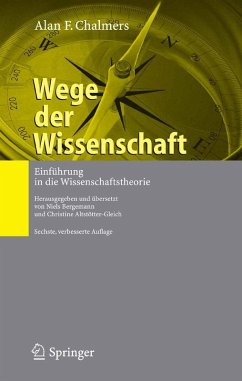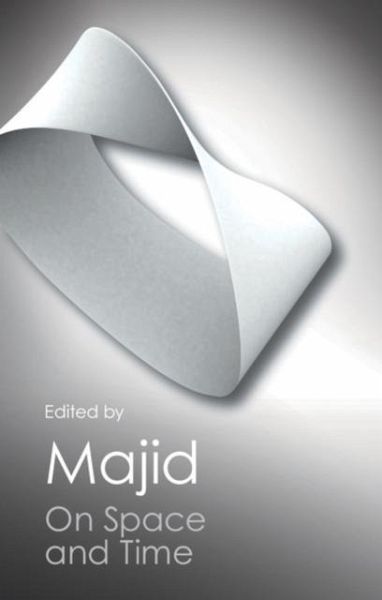
On Space and Time (eBook, PDF)
Versandkostenfrei!
Sofort per Download lieferbar
14,95 €
inkl. MwSt.
Weitere Ausgaben:

PAYBACK Punkte
7 °P sammeln!
This book gets to the heart of science by asking a fundamental question about its essence: what is the true nature of space and time? Both defy modern physics and scientists find themselves continually searching for answers. This unique volume brings together world leaders in cosmology, particle physics, quantum gravity, mathematics, philosophy and theology, to provide fresh insights into the deep structure of space and time. In an attempt to understand the question, subjects ranging from dark matter to the philosophical and theological implications of spacetime are covered, ensuring that the ...
This book gets to the heart of science by asking a fundamental question about its essence: what is the true nature of space and time? Both defy modern physics and scientists find themselves continually searching for answers. This unique volume brings together world leaders in cosmology, particle physics, quantum gravity, mathematics, philosophy and theology, to provide fresh insights into the deep structure of space and time. In an attempt to understand the question, subjects ranging from dark matter to the philosophical and theological implications of spacetime are covered, ensuring that the issue is thoroughly explored. Interesting and thought-provoking answers provide a well-rounded read.
Dieser Download kann aus rechtlichen Gründen nur mit Rechnungsadresse in A, B, BG, CY, CZ, D, DK, EW, E, FIN, F, GR, HR, H, IRL, I, LT, L, LR, M, NL, PL, P, R, S, SLO, SK ausgeliefert werden.




